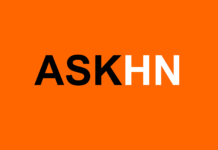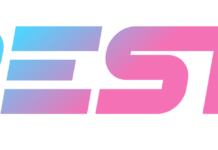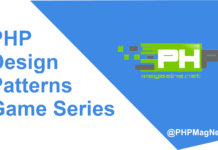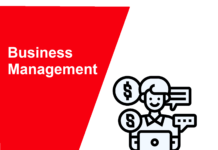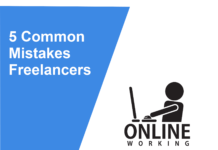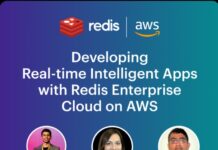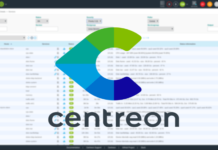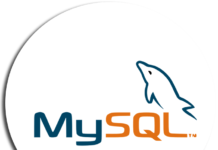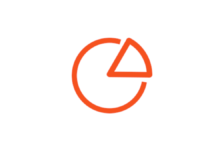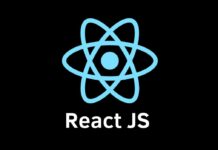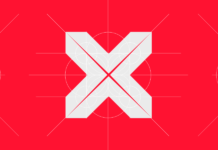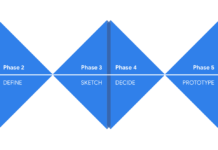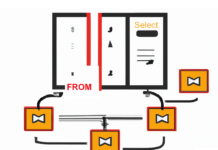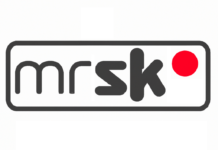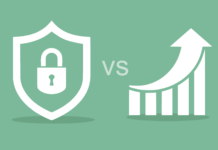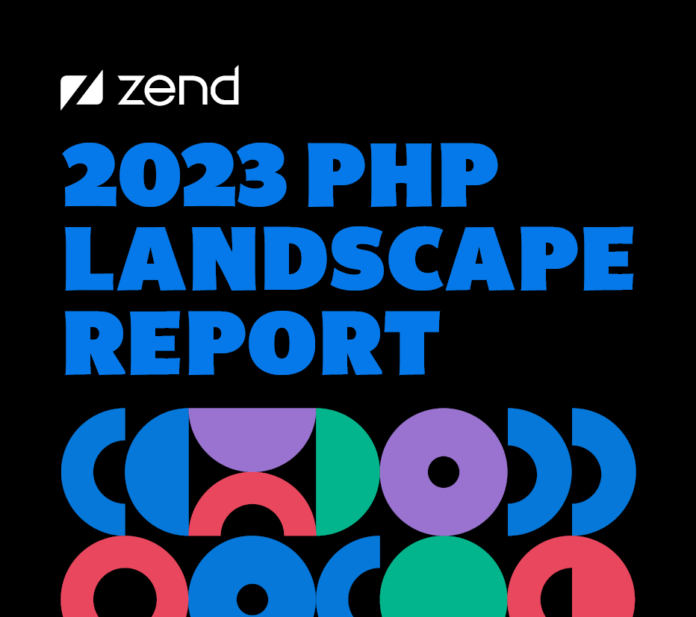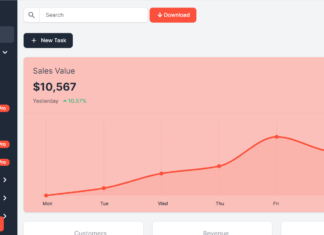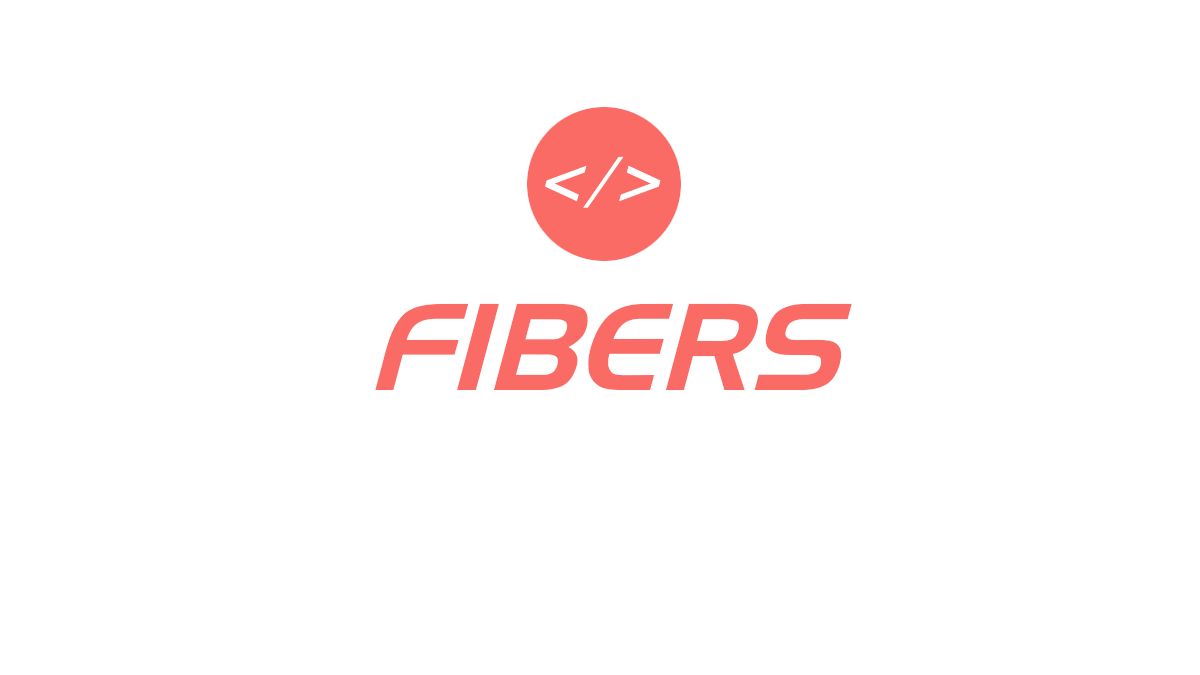We have covered in a previous article the 2022 PHP Landscape Report by Zend, which provided insights on the state of the PHP ecosystem and the challenges and opportunities facing PHP developers. In this year’s report, Zend continues to survey PHP development professionals around the world and presents the latest data and analysis on the evolving landscape of PHP development. The 2023 PHP Landscape Report, in 40 pages, covers a wide range of topics, including the adoption of PHP 8, the use of containers and orchestration tools, the priorities for PHP development and maintenance, and the emerging trends and technologies that are shaping the future of PHP. Let’s dive into the key findings and takeaways from this year’s report.
Foreword
This foreword highlights the significant impact of PHP 8 on the PHP community, as it becomes the only community supported version of PHP following the end-of-life announcement of PHP 7.4. The survey shows that many PHP users still rely on older versions, leaving them with the challenge of whether to upgrade their PHP version or stick with long-term-support editions. Additionally, infrastructure modernization has become a major concern for PHP consumers, with cloud deployment and containerization becoming more popular. Despite these challenges, PHP remains a popular language due to its ease of learning, integration with various technologies, and steady performance improvements. The foreword concludes by welcoming the reader to the era of PHP 8.
Survey respondent demographics
Some of the most important points in the demographics of the surveyed population in the Zend 2023 PHP Landscape Report are:
- Majority of the respondents were developers (56.2%), followed by development managers and directors (10.3%) and IT managers and directors (7%).
- The largest segment of respondents (38.6%) reported having a development team size of between 3-8 developers, followed by teams between 10-20 developers (20.4%).
- Companies with 10-20, 21-100, and 101-1000 employees had nearly an even split of respondents.
- The most used PHP version among respondents was PHP 7.4, followed by PHP 8.
- The top deployment platform for PHP applications was AWS, followed by on-premise deployment.
- Three-quarters of respondents indicated they are now using containers.
- Relational databases, web APIs, and more are common integrations for production PHP applications.
Top PHP application types and technologies
It’s important to say today that PHP allows developers to manage the complexity of modern applications and infrastructure architectures effectively. I have a personal experience with Government for more than 15 years and was able to convince them to run their internal systems with PHP, and it was very successful. And I think that the 2023 report reflect this reality :
- The top three categories of PHP-based applications or systems that developers work on are services or APIs, internal business applications, and content management systems.
- Relational databases are still the bread and butter of PHP developers, with three-quarters of respondents indicating they use one. However, PHP developers now integrate with a wide range of technologies, including web APIs, key-value storage, cloud storage, message queues, search services, and more.
- Ubuntu is the most popular operating system for PHP teams, with 29.5% of respondents deploying their PHP applications on it.
- Respondents are increasingly deploying their PHP applications on cloud platforms, with AWS and Google Cloud being the most popular choices.
- Security is a growing concern for PHP developers, with over 60% of respondents reporting that they have been affected by security breaches in the past year.
- PHP 7 continues to be the most widely used version of PHP, with over 80% of respondents using it. However, PHP 8 adoption is growing, with over 20% of respondents already using it or planning to use it in the next year.
- The most popular PHP frameworks are Laravel, Symfony, and CodeIgniter.
- The top programming languages used alongside PHP are JavaScript, HTML/CSS, and SQL.
PHP development and maintenance priorities
Regarding PHP Developmente and Maintenance the key findings in the report are :
- PHP developers split their time between maintenance and new feature development, with maintenance including fixing bugs, improving performance, addressing security concerns, updating dependencies, and refactoring code.
- The top development priorities for PHP teams in 2023 are building new features, security, improving code quality, and improving performance. Deployment automation and orchestration is the lowest priority.
- Nearly half of respondents (46.4%) noted that their teams are spending at least 50% of their time on maintenance and troubleshooting.
- The top method for teams to solve issues in production applications is through application logs (77%), followed by user reports (66%) and application performance monitoring (APM) tools (42%).
- Respondents use log analysis, monitoring/alerting, and debugging to identify and resolve issues in production applications.
- Automation can help push new features, security patches, and changes that improve performance.
PHP container and orchestration trends and technologies
- Containerized deployments are quickly becoming the norm for PHP applications as they provide repeatable, idempotent deployment, which is particularly useful when an application requires autoscaling.
- In Zend 2023 PHP Landscape report, 57.5% of respondents currently use containerization technologies, with an additional 19.8% planning to use them within the next year, and only 22.7% not using them and having no plans to do so within the next year. Docker is the most popular container technology with over 68.3% of responses.
- Organizations are creating and being successful with plans to containerize their PHP applications.
- Companies with over 100 employees are more likely to use orchestration technologies, with 58.6% vs. 41.7% for companies with under 100 employees. Kubernetes is the top orchestration technology with 44.8% of responses.
- Consumers are gravitating towards open-source solutions such as Kubernetes and Terraform, often combining them with popular cloud platforms.
PHP version adoption and upgrade challenges
PHP versions have a three-year lifecycle, with two years of active support and an additional year of security-only support. This leads to organizations using the language having to constantly update infrastructure and test their applications against new versions.
PHP 7 reached end of life with the end-of-life announcement of PHP 7.4 in November 2022, and organizations that have not yet adopted PHP 8 now find themselves needing to either migrate quickly or find a commercial provider of a long-term-support edition of the language.
The report found that despite this, 61.9% of respondents still used an end-of-life version of PHP in production, with 68.3% planning an upgrade within the next 12 months, and an additional 17.3% planning an upgrade outside of that window. The most time-consuming part of the last PHP upgrade or migration was refactoring, followed by testing, infrastructure provisioning, planning, and compliance renewals.
The report also discusses the idea of creating LTS versions with longer security lifecycles, which could allow developers to target the LTS versions for applications with long-term lifecycles and ease maintenance for library authors. However, critics of this idea pointed out the maintenance burden on language developers and release managers and suggested that this is rightfully the realm of commercial providers.
PHP trends to watch in 2023 and beyond
To resume these are the keypoints that have been highlighted in the report :
- PHP’s ease of learning makes it popular among developers, and the language’s rich syntax and features from PHP 7 and 8 make developers productive.
- PHP integrates well with a wide range of technologies, making it useful for connecting different systems within an organization.
- PHP is successful in building applications and web APIs for businesses of all sizes, including those in the health industry, financial institutions, and governments.
- If an organization uses PHP, it is recommended to invest in containers and orchestration techniques for more stable and repeatable deployments, as well as quality monitoring solutions to identify production issues.
- Combining these with infrastructure-as-code and a good continuous integration pipeline can help an organization adapt quickly to PHP updates.
- The report looks forward to seeing changes in the PHP ecosystem in the coming year.
Get the report !

